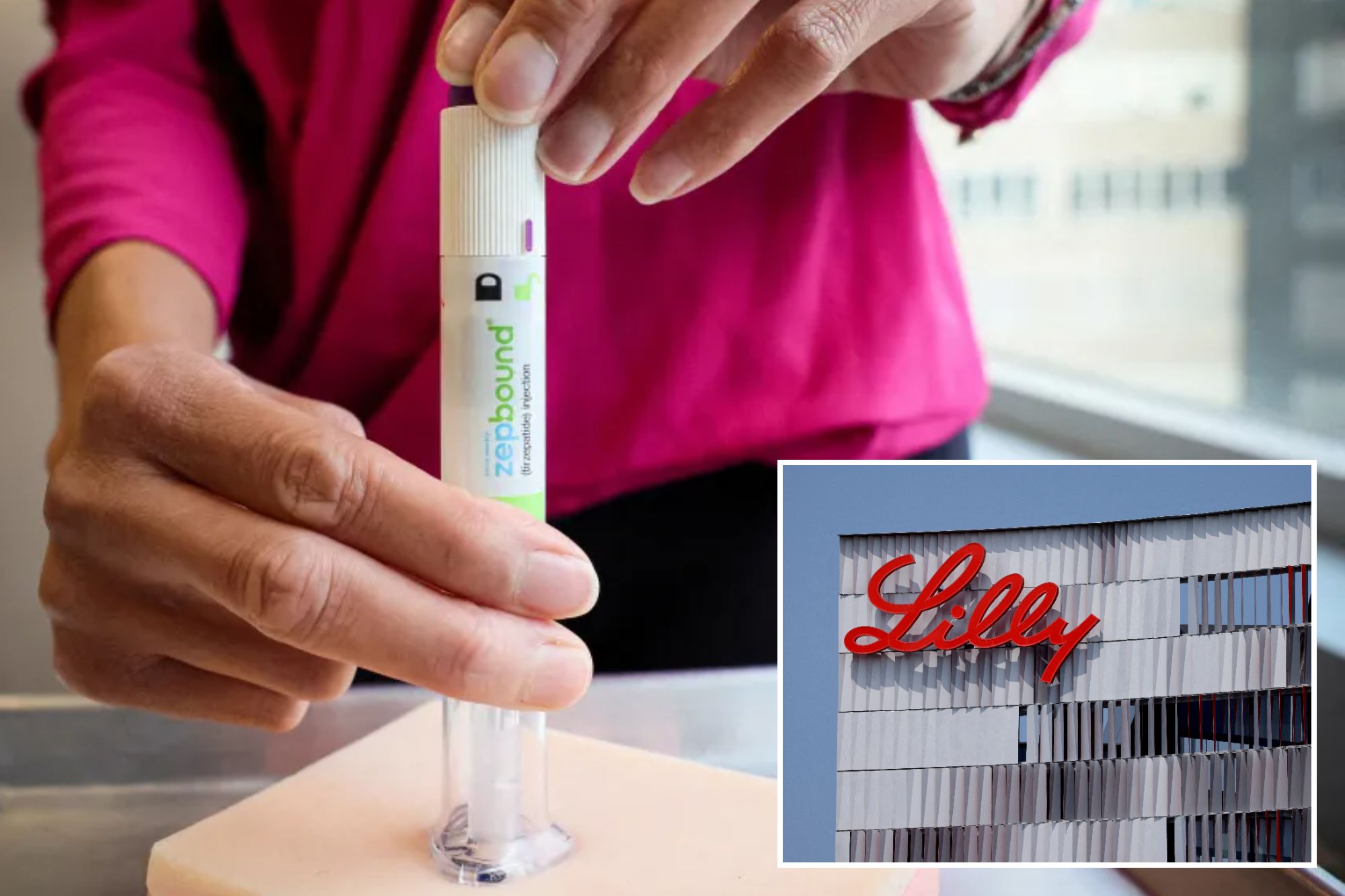The FDA’s Stand on Knockoff Weight-Loss Drugs: What You Need to Know

Imagine the relief of finally finding a weight-loss solution that works. For many, medications like Zepbound and Mounjaro have been that beacon of hope. These drugs, approved by the FDA for obesity and diabetes respectively, have helped countless people in their weight loss journey. However, with their popularity came an influx of off-brand versions, creating a market filled with both opportunity and concern.
I remember a close friend who struggled with weight issues for years. When she heard about these miracle drugs, her excitement was palpable. But with the high demand came shortages, leading her to consider those cheaper, unapproved alternatives. It made me think about the risks people are willing to take when driven by desperation and how crucial it is for regulatory bodies to step in.
Recently, the FDA announced a significant decision aimed at cleaning up this market. This ruling not only affects how these drugs are accessed but also ensures safety and efficacy for consumers. Let’s dive into what this means for everyone involved and why it’s essential for anyone considering these medications.
Key Takeaways
- The FDA has ruled that off-brand versions of Zepbound and Mounjaro must be phased out next year.
- This decision comes after resolving the shortage of these popular weight-loss and diabetes drugs.
- Switching to FDA-approved drugs can enhance consumer safety and efficacy.
- Compounding pharmacies will need to comply with new regulations within 60 to 90 days.
The Rise of Knockoff Weight-Loss Drugs
In recent years, the demand for GLP-1 class drugs like Zepbound and Mounjaro soared as they offered unprecedented results in weight management. These medications work by reducing appetite and increasing feelings of fullness, making them a popular choice for those struggling with weight issues. However, as with any successful product, knockoff versions quickly emerged, promising similar benefits at a fraction of the cost.
Specialty pharmacies and online companies began selling these off-brand copies during a period when Eli Lilly, the manufacturer of Zepbound and Mounjaro, couldn’t keep up with demand. While these alternatives provided temporary relief for some consumers, they also raised significant safety concerns. The FDA’s intervention aims to address these concerns by ensuring patients receive medications that meet stringent safety standards.
The FDA’s Ruling Explained
The FDA recently declared that Eli Lilly’s supply of their weight-loss drugs is now meeting or exceeding market demand. This announcement effectively eliminates the need for off-brand versions, which had become prevalent due to previous shortages. The agency has given businesses until early next year to phase out these knockoffs, providing a timeline of 60 to 90 days depending on company size.
This decision marks a win for Eli Lilly, who had been advocating for such action to protect their product integrity and ensure patient safety. Moreover, transitioning back to brand-name drugs not only supports safer consumption but potentially stabilizes costs as competition from unauthorized versions diminishes.
A Closer Look at Compounding Pharmacies
Compounding pharmacies play a unique role in the pharmaceutical landscape by creating customized drug formulations using raw ingredients. They often serve patients who require specific modifications due to allergies or other medical needs. However, during drug shortages, these pharmacies have stepped in to provide alternative solutions at lower costs.
While beneficial in certain contexts, compounded versions lack the rigorous testing that brand-name drugs undergo. This has led to heightened scrutiny from the FDA regarding ingredient quality and overall safety. The agency’s current ruling underscores the importance of using medications that adhere to established guidelines to ensure consumer well-being.
What This Means for Consumers
For those relying on GLP-1 medications for weight loss or managing diabetes, this development brings both clarity and reassurance. With brand-name drugs back in full supply, consumers can access treatments with confidence knowing they meet high safety standards set by regulatory authorities.
However, this shift may also impact pricing dynamics as unauthorized copies are phased out. Patients should stay informed about their options and consult healthcare providers when considering changes in their treatment regimen. It’s vital to prioritize health over cost-saving measures when it comes to medication choices.
Final Thoughts
The FDA’s decision represents a pivotal moment in the ongoing dialogue about medication safety and accessibility. By phasing out knockoff versions of popular weight-loss drugs like Zepbound and Mounjaro, they are taking steps toward protecting consumers while supporting pharmaceutical innovation.
If you’re considering such treatments or currently using them, it’s essential to stay updated on developments within this space. Engage with your healthcare provider about any concerns or questions you might have regarding your medication plan moving forward.
Ultimately, prioritizing informed decisions rooted in safety will contribute significantly toward achieving your health goals effectively and sustainably over time.
